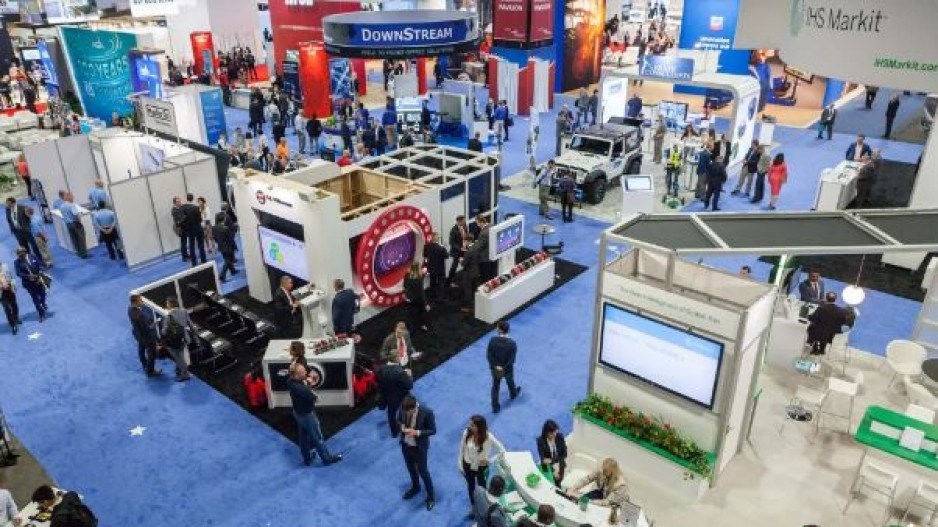Canadian liquefied natural gas projects looking to fill gaps in the global market left by the absence of Russian gas may run into more challenging conditions than expected, industry experts say.
Officials from the LNG industry at an industry conference in Vancouver say the consensus among economists is that the gas shortage in Europe caused by the Ukraine war is unlikely to last beyond 10 years, while the rise of renewables will cut into demand from 2030 onward.
Peter Abdo, chief commercial officer for LNG for German energy giant Uniper, told the conference his company is committed to entering into 10-year contracts with potential suppliers but will want "flexibility" with longer terms because of uncertainty over demand beyond a decade.
Meanwhile, U.S.-based natural gas firm Tellurian's president and CEO, Octavio Simoes, says the biggest opportunity opened by the European gas shortage is in Asia, with countries such as Germany paying more for LNG on the global market and "taking it from the rest of the world."
Simoes tells the conference that the higher prices revealed a fundamental challenge for anyone wanting to sell LNG to Asia, as planned by projects in British Columbia — price will be the ultimate determining factor, not environmental standards touted by the West.
Simoes says high prices of LNG pushed Pakistan to abandon plans to buy natural gas and quadruple commitments for coal, and similar trends are happening in Indonesia, Thailand, Vietnam and the Philippines.
Earlier in the conference, LNG Canada CEO Jason Klein had said Canada will be competitive on the global market, partially based on its high environmental and social standards.
Klein said the $40-billion LNG Canada export facility in Kitimat, B.C. — the only one of its kind to reach the construction stage on the Canadian West Coast — is about 85 per cent complete and is scheduled to begin exports by "mid-decade."
This report by The Canadian Press was first published July 11, 2023.
The Canadian Press




